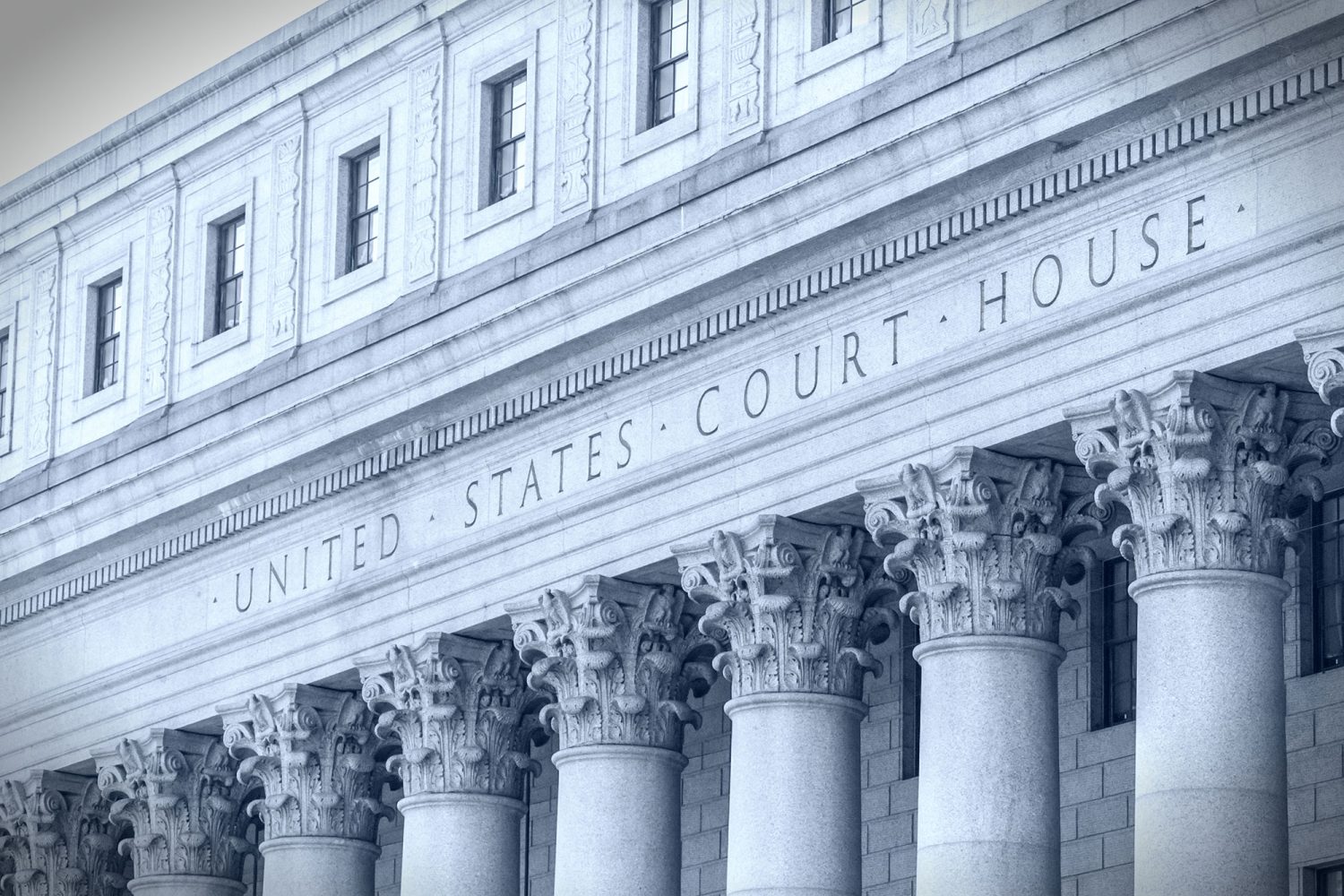Governor Cuomo’s COVID-19 Executive Order: A Suspension or Toll?

In the face of a dramatic emergency, details are sacrificed to expediency, and what may seem like an insignificant detail can swell over time into a major blunder.
One such potential blunder concerns some poorly chosen words in Governor Andrew Cuomo’s Executive Order No. 202.8 dated March 20, 2020. It provided:
“In accordance with the directive of the Chief Judge of the State to limit court operations to essential matters during the pendency of the COVID-19 health crisis, any specific time limit for the commencement, filing, or service of any legal action, notice motion, or other process or proceeding…is hereby tolled from the date of this executive order until April 19, 2020.” (Emphasis Mine) (Footnote 1)
Governor Cuomo would then issue nine subsequent executive orders that extended the April 19, 2020 date to November 3, 2020. In an Executive Order No. 202.67 issued on October 5, 2020, Governor Cuomo provided:
“Executive Order No. 202.8, as modified and extended in subsequent Executive Orders, that tolled any specific time limit for the commencement, filing, or service of any legal action, notice, motion, or other process or proceeding…is hereby continued…provided however, for any civil case, such suspension is only effective until November 3, 2020, and after such date any such time limit will no longer be ¬tolled.” (Emphasis Mine) (Footnote 2)
The drafters of these executive orders seem to be under the impression that the words “suspension” and “toll” have the same legal significance. They do not or at least not immediately. The Appellate Division, Second Department, in Brash v. Richards, explained the difference.
“A toll suspends the running of the applicable period of limitation for a finite time period, and the period of the toll is excluded from the calculation of the relevant time period. Unlike a toll, a suspension does not exclude its effective duration from the calculation of the relevant time period. Rather, it simply delays expiration of the time period until the end of date of the suspension.” (Footnote 3).
The Court in Brash went on to rule that Governor Cuomo’s Executive Order No. 202.8 was a toll, not a suspension, and that Governor Cuomo had the authority to exercise such power under New York’s Executive Law. The same question came before the Appellate Division, 1st Department, in 2022 and that Court agreed and provided an explicit example of how such an interpretation can be applied.
“Plaintiffs’ wrongful death claim accrued on September 30, 2018 and had a two-year statute of limitations. Plaintiff’s wrongful death claim was tolled on March 20, 2020 and had a remaining limitations period of six months and 10 days, which started to run again after November 3, 2020. Thus plaintiff’s wrongful death claim was timely on [the date of commencement] February 12, 2021.” (Footnote 4)
Was it Governor Cuomo’s intent to add 228 days (the period from March 20, 2020 to November 3, 2020) to every single cause of action that accrued before the pandemic? In commercial litigation, a breach of contract cause of action has a six-year statute of limitations (CPLR 213). If such a claim accrued on January 1, 2020, then according to Governor Cuomo’s executive order and the courts’ present interpretation of it, the deadline to commence a civil action would not be within six years, January 1, 2026, but six years plus 228 days, mid-August 2026. The longest statute of limitations under New York law is twenty years to enforce a judgment (CPLR 211). Can we expect the continued application of Governor Cuomo’s Executive Order No. 202.8 through the year 2040?
The Appellate Division, First Department, seems on the verge of recognizing the potential confusion that is bound to continually arise under these circumstances. In Wilmington Tr. V. Fife, 2023 NY Slip Op 00293 (1st Dept. 2023), the Court found that a plaintiff’s notice of appeal was untimely. How the Court found this is instructive. First the Court noted that its own Order dated March 17, 2020, issued in response to the COVID-19 pandemic, was a suspension that ended on May 8, 2020. Then, the Court stated this:
“Moreover, even if, pursuant to Governor Cuomo’s executive orders, all relevant filing deadlines were tolled by 228 days (citations omitted), plaintiff did not file its motion to renew until [18 days after that] deadline. Thus, even considering the executive orders, plaintiff’s renewal motion was untimely.” (Emphasis Mine)
“Even”? “If”?
Three out of four New York appellate courts have weighed in on this question. Why is the 1st Department now using words like “Even” and “If”, which necessarily suggest there might be some untested circumstance in which the toll might not apply? And why mention that Court’s own Order dated March 17, 2020, first? Isn’t Governor Cuomo’s Executive Order controlling?
The moral here is that legislators need to choose their words carefully and judges need to consider the consequences of interpreting them literally. For the rest of us, an experienced attorney will advise the client to err on the side of caution and assume that Governor Cuomo’s Executive Order No. 202.8 doesn’t add eight months to every claim that accrued pre-pandemic. As the absurdity of that reality becomes more and more apparent, the Courts are liable to change their mind about it. At least the 1st Department seems about ready to do so.
Footnote 1: 9 NYCRR 8.202.8
Footnote 2: 9 NYCRR 9.202.67
Footnote 3: Brash v. Richards 195 A.D.3d 582 (2nd Dept. 2021)
Footnote 4: Murphy v. Harris, 2022 NY Slip Op 0608 (1st Dept. 2022);
Footnote 5: Wilmington Trust N.A. v. Fife,
